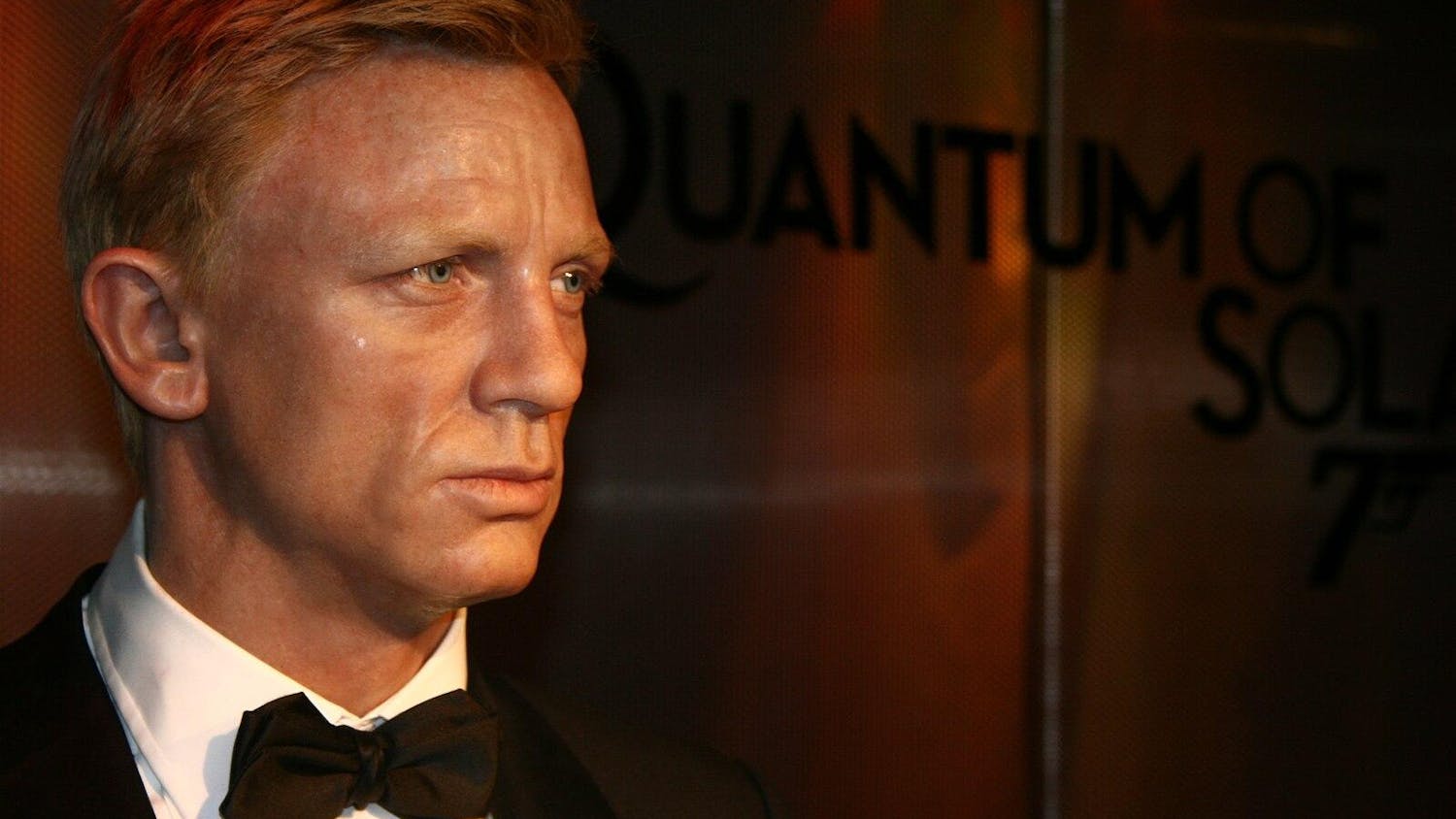The electronic duo Groove Armada, consisting of musicians Andy Cato and Tom Findlay, has long been known for its numerous collaborations and a laid−back sound characteristic of '90s British club music. Billed as an expression of the darker side of the band, their ninth album "Black Light" is a mix of longing and melancholy music, with dance beats throughout. While this approach succeeds in many of the tracks, the album occasionally feels forced and too reminiscent of the band's electronic−pop contemporaries.
The most enjoyable song on "Black Light" is the soulful "Time and Space." The track contains an impressive vocal performance by guest artist Jessica Larrabee, as well as the diverse instrumentation that makes electronic music such an interesting genre. Rather than cutting off Larrabee's voice during breakdowns, the band plays heavily reverbed and filtered samples of the last word of her verse, creating a feeling of anticipation leading up to the dense beat of the chorus.
The layering of echoed guitar and piano parts is reminiscent of legendary British punk rockers The Clash, but the synthesizer arpeggios and chords that play in unison throughout the song still have a sound unique to Groove Armada. When mixed with Larrabee's vocals, these combined elements transform the song into a track fit for a dance floor. This song is by far the album's best example of Groove Armada's dark side.
The same emotional touch completes the song "Shameless." Throughout the entire song, a bright synthesizer playing only one chord pulses in unison with the kick drum. The other parts of the track modulate keys and rhythms, but the synth chord is ever−present. This effect creates a trance−like state for the listener that can be relaxing — and a bit irritating. The vocals on this track are where the emotions really surface. With an astonishingly David Bowie−esque performance, singer Bryan Ferry tugs on the listener's heartstrings. While it's uncommon to hear grinding music that's also designed to induce feelings of heartbreak, it somehow works here.
Where the album falls flat is on tracks with less melodic vocals like "Not Forgotten." On an album meant to show the two artists' emotional identities, this song feels devoid of personal expression. While the drum parts and trance−inducing reverb remain strong, the overall product sounds like a knockoff of Animal Collective or MGMT, rather than an original and innovative song.
Due to the nature of modern electro−pop, artists often flirt with the line between modern synthesized music and bad '80s pop. Groove Armada cites pop pioneer Prince as one of its biggest influences, but a few songs on "Black Light" sound more like Duran Duran or a−ha.
Since the duo became a band in the '90s, Groove Armada has shown itself to be a talented ensemble capable of furthering a progression in its genre of music. "Black Light" is most successful in this regard, as it represents a convergence of two types of popular music. Groove Armada's newest project is infused with the emotional and introspective qualities of indie rock and folk, as well as the heavily synthesized dance beats of electronic−pop. In some spots, the two styles mesh perfectly to form a type of emo−dance music that sounds original and inventive. In other places, it's clear that Groove Armada hasn't done enough to separate itself from the existing artists in these genres — such as Animal Collective, Passion Pit, MGMT and M83.
While the songs "Shameless," "Look Me in the Eye Sister" and "Time and Space" are standouts, a few weak tracks prevent "Black Light" from being a truly great album. While perhaps not outstanding, the dark side of Groove Armada is still worthy of a listen, and any disappointment in the album is mainly the result of the high standards that the duo has set for itself — standards that are sometimes difficult to live up to.





